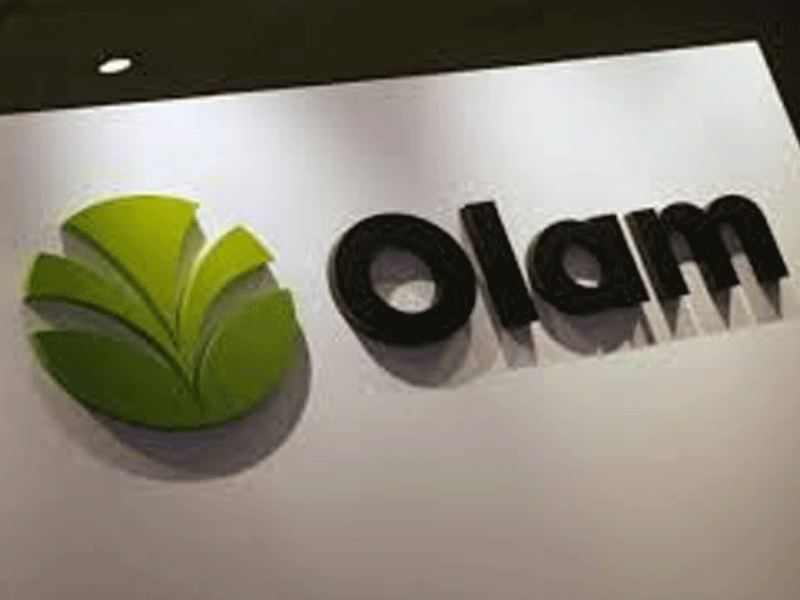Olam Moves to Research on Wheat Seeds For Nigerian Climate
The Olam Group is focusing on research on developing appropriate wheat seeds that are suitable for Nigeria climatic conditions as a major step to improving the crop’s yield in the country.
This was disclosed by the Managing Director of CFML, Mr. Ashish Pande, during a webinar on, “Rethinking Wheat Farming in Nigeria- Seeds, Research and Partnerships,” where he pointed out that Nigeria’s tropical climate is a limiting factor to the production of wheat in the country. Pande noted that wheat is typically a temperate crop.
He said: “Olam has been encouraging innovation on a larger scale. But the limiting factor is that Nigeria’s tropical climate is not conducive for wheat, which is a temperate crop. So the yield will become lesser. But the yields can be improved through seeds modification and by developing new varieties of seeds that are more conducive to Nigerian climate.”
He stated that Olam’s focus is on, “charting novel, innovative paths that tick all the boxes in terms of providing suitable seed varieties, developing refined management processes and implementing trendy agronomic practices in the local wheat value chain. This is in addition to working with and training smallholder wheat farmers while committing the right financial resources into the value chain developmental agenda.”
Pande added that, “bridging the huge wheat production gap in the country is a journey. This stakeholder engagement is a step in the right direction. The deep investment we are making into developing suitable seed varieties for the Nigerian topography and utilising a community-based seed enterprise will manifest in outright development of the wheat farming sector in years to come.”
He recalled that the Olam Group, in collaboration with CFML, in October launched a N300 million (US $750,000) 10-year project to set up community seed enterprises for Nigerian farmers to increase their production of wheat.
This wheat value chain project would strengthen agricultural production in northern Nigeria’s wheat farming belt and underlines Olam’s commitment to supporting the country’s goal of achieving self-sufficiency in food production
The project would “trial new heat-tolerant varieties of wheat and improved agronomic practices using a participatory approach that directly engages farmers. It will also engage at least 10 female farmers’ associations to become true drivers of change for their communities by training women to lead community-based seed enterprises. These enterprises will produce and make available high value seed to farmers in their local communities.”
The Project Scientist/Senior Scientist, International Centre for Agricultural Research in Dry Areas (ICARDA), Dr. Filippo Bassi, who is also a key partner in developing suitable seed varieties for the project, said the goal of Olam is to deliver over 200,000 tons of wheat worth $70 million while engaging/training 50,000 farmers before 2030.
A Durum Wheat Expert and former Head of the Italian Cooperation in Ethiopia, Mr. Tiberio Chiari, who was the keynote speaker at the webinar, highlighted the advantage of working with smallholder farmer cooperatives in developing the wheat value chain.
Chiari said: “There is an economy of scale in dealing with farmers’ cooperatives instead of working with individual farmers, and stakeholders have a key role in ensuring the effective management of the process for optimum impact.”
He said quality control, suitable seed varieties, good management processes, high smallholder farmer engagement, rigorous grain bulking facilities, availability of investment funds, integrity, among others, are key drivers of success when pivoting to a community-based seed enterprise methodology.
A Senior Scientist at the Senegalese Institute for Agricultural Research (ISRA), Dr. Sall Amadou Tidiane, said that Senegal grew from zero wheat production in 2017 to having 2,000 farmers cultivating wheat successfully in 2021 by adopting a peer-to-peer seed enterprise methodology in the country.
He revealed that utilising the deep capacity of female local smallholder farmers would spread the impact of the new high-yielding seed varieties.



Comments are closed.